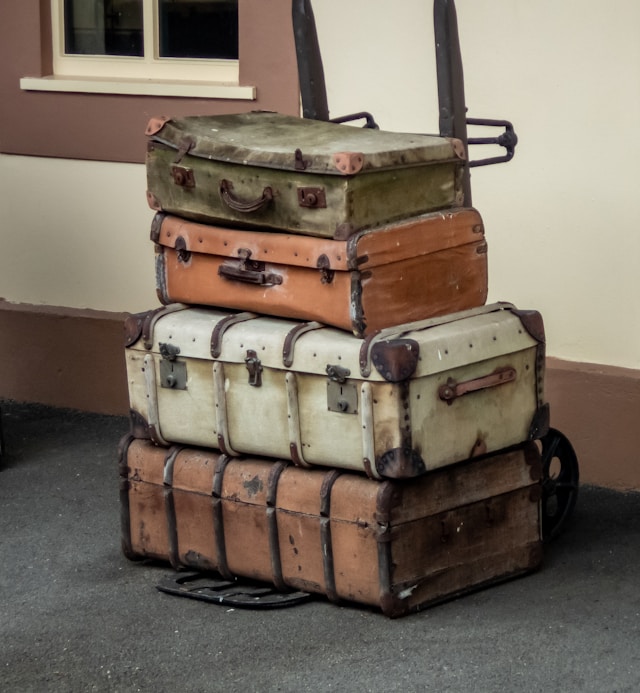
Travelers who have previously flown on an airplane are likely aware of the regulations regarding permitted and prohibited carry-on items during flights. If one is found in possession of items that do not comply with these regulations, they must relinquish those items to the airport security personnel.
The question arises: what happens to the items confiscated by security at the airport? Can you retrieve these items upon returning to your departure airport? Let us explore the explanation provided by the Transportation Security Administration (TSA).
Before delving into the answer, it is essential for travelers to understand the guidelines concerning what can and cannot be brought on board an aircraft. According to Pulse, passengers are prohibited from carrying sharp, flammable, or toxic items, as well as weapons.
TSA officials typically confiscate all items with sharp edges, including folding knives, blades, scissors, sharp-tipped tweezers, bottle openers, and files, along with magnets, batteries, explosives, and flammable or toxic materials.
Moreover, passengers are also forbidden from bringing sticks, firearms, and oversized items such as construction tools or car parts in their carry-on luggage.
In addition to sharp objects, passengers are not allowed to carry containers of gels, liquids, or aerosols exceeding 100 ml. If one wishes to bring such items, they must be placed in checked baggage.
Certain exceptions apply, such as medications, liquids for infants and the elderly, like formula milk, and products purchased in duty-free zones (with a receipt). Open and opaque containers of beverages and cosmetics may end up being discarded.
The same applies to yogurt, jam, and similar items. However, chocolate, meat, cheese, candy, sandwiches, vegetables, and fruits are permitted as long as they originate from European Union countries. In contrast, the importation of most vegetables, fruits, grains, and animal products is strictly prohibited in the United States and Australia.

